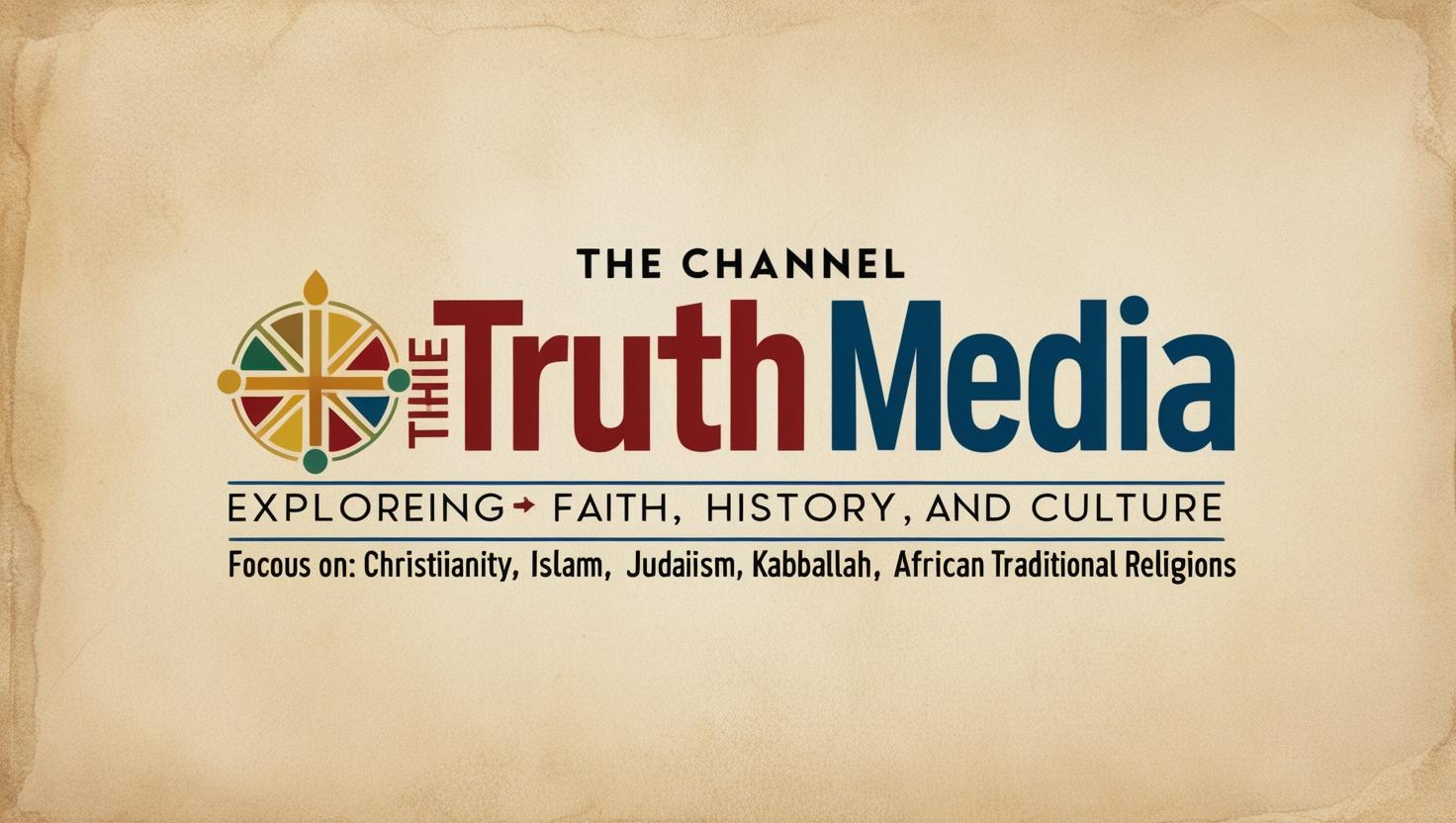THE BOSNIAN WAR (1992–1995): ETHNIC AND RELIGIOUS CONFLICT IN THE WAKE OF YUGOSLAVIA'S BREAKUP
Introduction
The Bosnian War, fought between 1992 and 1995, was one of the most brutal and devastating conflicts to emerge from the breakup of Yugoslavia. This ethnic and religious conflict, primarily between the Bosniaks (Bosnian Muslims), Croats, and Serbs, was deeply rooted in centuries of ethnic, religious, and political tensions. The war's atrocities, including the infamous Srebrenica massacre, have left an indelible mark on the region and the world. The conflict, driven by nationalism and religious divisions, not only reshaped the political landscape of the Balkans but also exposed the fragility of post-Cold War Europe.
This article provides a comprehensive examination of the Bosnian War, exploring its causes, key events, religious and ethnic dynamics, and the long-term consequences on the region. We will analyze the political, military, and social factors that fueled the war, the role of religion in deepening ethnic divisions, and the impact of the war on Bosnia, the Balkans, and international relations.
Historical Background
The Breakup of Yugoslavia
The roots of the Bosnian War lie in the collapse of the Socialist Federal Republic of Yugoslavia, a multi-ethnic federation established after World War II. Yugoslavia, under the leadership of Josip Broz Tito, had managed to keep a lid on ethnic and religious tensions by promoting a policy of "brotherhood and unity." However, after Tito's death in 1980, the country's political and economic instability increased. By the early 1990s, Yugoslavia was beset by rising nationalism, economic crisis, and a weakening central government.
In 1991, Croatia and Slovenia declared independence, setting off a chain reaction of secessionist movements across the federation. The Serb minority in Croatia, supported by the Yugoslav People's Army (JNA), launched an insurgency to protect Serb interests, leading to the Croatian War of Independence. Meanwhile, Bosnia and Herzegovina, which had a diverse population of Bosniaks, Croats, and Serbs, also sought independence.
In February 1992, Bosnia and Herzegovina declared independence following a referendum in which Bosniaks and Croats overwhelmingly supported secession, while the Serbs boycotted the vote. This declaration was not recognized by the Serb-dominated regions of Bosnia, which sought to remain part of a Serb-dominated Yugoslavia. The result was a violent and protracted war that would last for nearly four years.
Ethnic and Religious Divisions in Bosnia
Bosnia and Herzegovina, located in the heart of the former Yugoslavia, was home to a diverse mix of ethnic and religious groups. The three main groups—Bosniaks (Bosnian Muslims), Croats (Catholics), and Serbs (Eastern Orthodox Christians)—had coexisted for centuries, often in peaceful harmony. However, deep-seated ethnic and religious differences, exacerbated by nationalist ideologies, would become a significant source of conflict during the Bosnian War.
Historically, Bosnia had been a crossroads of various cultures, religions, and empires. Under Ottoman rule (1463–1878), Islam became the dominant religion for many Bosnians, leading to the rise of the Bosniak identity. After the Austro-Hungarian Empire took control of Bosnia in the late 19th century, Catholicism spread among the Croats, while the Serbs, who had been part of the Eastern Orthodox Church for centuries, remained in their faith. The religious identity of each group was closely tied to their ethnic identity, making religious divisions a key factor in the war.
The Role of Religion in the Bosnian War
Religion played a central role in the Bosnian War, often serving as both a source of identity and a tool for political mobilization. The conflict's religious dimensions were not only shaped by historical divisions but were also manipulated by political leaders to fuel ethnic hatred and justify violence.
For the Bosniaks, Islam was an integral part of their identity. However, their position as the minority in Bosnia, coupled with their desire for an independent Bosnia, put them at odds with both the Croats and Serbs, who sought to carve out ethnically homogeneous territories. The Serbs, led by Slobodan Milošević, viewed Bosnia as a key part of their vision for a Greater Serbia, while the Croats, under Franjo Tuđman, sought to incorporate parts of Bosnia into a Greater Croatia.
The religious dimension of the conflict was further inflamed by the involvement of the Serbian Orthodox Church and the Catholic Church, both of which played roles in supporting nationalist movements. The Serbian Orthodox Church, led by Patriarch Pavle, became an important institution in the Serbian war effort, while the Catholic Church, particularly the Archbishop of Sarajevo, influenced the Croatian cause. In some cases, religious leaders actively supported the war, using religious rhetoric to rally their followers and justify violence against other groups.
The Srebrenica Massacre
One of the most tragic and widely recognized atrocities of the Bosnian War was the Srebrenica massacre, which occurred in July 1995. Srebrenica, a town in eastern Bosnia, had been declared a "safe area" by the United Nations in 1993, yet it became the site of one of the most horrific acts of ethnic cleansing in modern history.
In July 1995, Bosnian Serb forces, led by General Ratko Mladić, captured Srebrenica. Over the course of several days, more than 8,000 Bosniak men and boys were systematically murdered in what is now recognized as genocide. The massacre was carried out with the explicit aim of eliminating the Bosniak Muslim population of the region. The international community, particularly the United Nations and NATO, failed to prevent the massacre, despite the presence of peacekeeping forces in the area.
The Srebrenica massacre remains a symbol of the brutality of the Bosnian War and the failure of the international community to intervene in a timely manner. It also highlights the central role of religious and ethnic identity in the conflict, as Bosniak Muslims were specifically targeted for their religious and ethnic background.
Key Figures in the Bosnian War
Slobodan Milošević
Slobodan Milošević, the President of Serbia, was one of the most influential and controversial figures in the Bosnian War. Milošević played a central role in the breakup of Yugoslavia, and his support for Serb nationalism contributed to the rise of ethnic conflict in Bosnia. He provided military and logistical support to Bosnian Serb forces and was a key architect of the vision of a Greater Serbia.
Milošević's actions during the war, including his role in the Srebrenica massacre and the siege of Sarajevo, led to widespread international condemnation. In 2001, he was arrested and charged with war crimes, including genocide, by the International Criminal Tribunal for the former Yugoslavia (ICTY). He died in 2006 before a verdict could be reached.
Franjo Tuđman
Franjo Tuđman, the President of Croatia, was another key figure in the Bosnian War. Tuđman supported the Croatian Defense Council (HVO), a military force that fought alongside Bosnian Croats in the war. While Tuđman was not directly involved in the atrocities committed by the HVO, his government’s policies, including the push for a Greater Croatia, contributed to the ethnic cleansing of Bosniaks and Serbs in some regions of Bosnia.
Radovan Karadžić and Ratko Mladić
Radovan Karadžić, the political leader of the Bosnian Serbs, and Ratko Mladić, the commander of the Bosnian Serb Army, were both responsible for numerous war crimes during the Bosnian War. Karadžić was the architect of the Bosnian Serb strategy to carve out an ethnically pure Serb state in Bosnia, while Mladić oversaw the military campaign that included the siege of Sarajevo and the Srebrenica massacre.
Both men were indicted by the ICTY for war crimes, including genocide, and were arrested and convicted for their roles in the conflict. Their trials served as a reminder of the extent of the atrocities committed during the war.
International Actors
The international community, including the United Nations and NATO, played a significant role in the Bosnian War. The UN established safe areas for Bosnian Muslims, such as Srebrenica, but failed to protect them from Serb forces. NATO intervened in 1995, launching airstrikes against Bosnian Serb positions, which helped bring an end to the war. The Dayton Agreement, brokered by the United States, brought an official end to the conflict and established the current political structure of Bosnia and Herzegovina.
Consequences of the War
Ethnic Cleansing and Displacement
The Bosnian War resulted in widespread ethnic cleansing, with hundreds of thousands of people being displaced from their homes. Bosniaks, Croats, and Serbs were forcibly removed from areas where they were in the minority, and many were subjected to violence, including rape, torture, and murder. The war left deep scars on the population, with entire communities destroyed and families torn apart.
Post-War Reconstruction and Reconciliation
After the war, Bosnia and Herzegovina faced the difficult task of rebuilding both physically and politically. The Dayton Agreement, signed in 1995, created a complex political system designed to balance the interests of the three ethnic groups. However, the political structure has been criticized for entrenching ethnic divisions and hindering the country's development.
Reconciliation between the ethnic groups has been slow, and many Bosnians continue to live in ethnically segregated communities. The war's legacy of distrust and trauma remains a major challenge for the country's future.
Long-Term Impact on the Balkans
The Bosnian War had a profound impact on the Balkans and the wider world. It was a stark reminder of the dangers of ethnic and religious nationalism and the potential for conflict when political systems break down. The war also exposed the limits of international intervention and the failure of the international community to prevent atrocities.
In the broader context of post-Cold War European conflicts, the Bosnian War was a tragic chapter in the dissolution of Yugoslavia. It marked the end of the multi-ethnic Yugoslav federation and the rise of nationalist states in the Balkans. The war's legacy continues to influence politics in the region, with tensions between ethnic groups still simmering in Bosnia and neighboring countries.
Conclusion
The Bosnian War was a tragic and devastating conflict that left deep scars on the people of Bosnia and the Balkans. Ethnic and religious divisions, fueled by nationalist ideologies and manipulated by political leaders, led to atrocities such as the Srebrenica massacre and widespread ethnic cleansing. The war's impact on Bosnia and Herzegovina, and the broader region, is still felt today.
The Bosnian War serves as a stark reminder of the dangers of ethnic and religious divisions and the importance of political stability and reconciliation. While Bosnia has made significant strides in rebuilding and reconciling, the legacy of the war continues to shape the region's future.
References
- ICTY (International Criminal Tribunal for the former Yugoslavia). (2001). The Srebrenica Massacre and the Bosnian War. United Nations.
- Burg, S. L., & Shoup, P. (2000). The War in Bosnia-Herzegovina: Ethnic Conflict and International Intervention. M.E. Sharpe.
- Fine, J. V. A. (2007). The Bosnian War: A Historical Overview. Oxford University Press.
- Malcolm, N. (1994). Bosnia: A Short History. New York University Press.
- Perry, V. (2007). Ethnic Cleansing in the Balkans: A Case Study of Bosnia. Harvard University Press.

